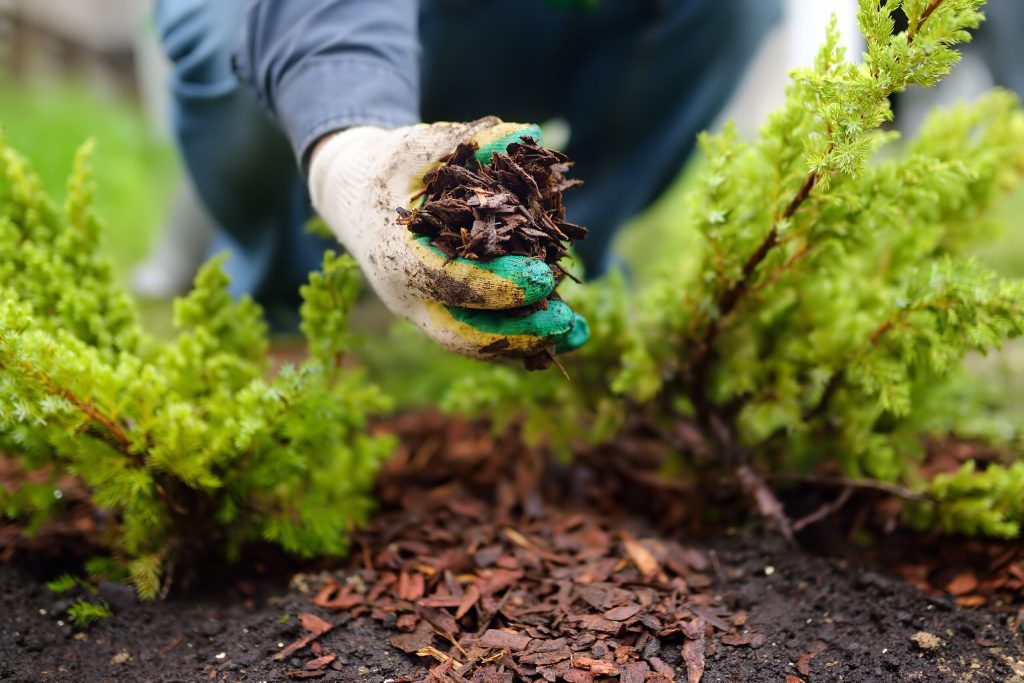
When it comes to sustainable gardening and soil health, pine bark organic soil conditioner has become a favorite among growers, landscapers, and eco-conscious enthusiasts. This natural material, derived from the bark of pine trees, offers more than just ground cover—it enhances soil structure, improves aeration, and promotes long-term soil vitality.
In this article, we’ll explore what makes pine bark a valuable organic soil conditioner, how it compares to other amendments, and why it continues to gain popularity in both home gardens and large-scale agricultural projects.
What Is Pine Bark Organic Soil Conditioner?
Pine bark organic soil conditioner is made from shredded or chipped bark of pine trees, processed without synthetic additives. It’s typically available in fine, medium, or coarse grades depending on its intended use. Unlike pine mulch, which is often used primarily for surface cover, pine bark conditioner is integrated into the soil to improve its texture and fertility.
This material breaks down slowly, making it ideal for long-term conditioning without needing frequent reapplication. It’s valued for being rich in carbon, providing organic matter that benefits soil microbes and plant roots alike.
Benefits of Pine Bark Organic Soil Conditioner
Incorporating pine bark organic soil conditioner into your soil offers several compelling benefits:
- Improves soil structure
It helps loosen compacted soils and enhances aeration, allowing roots to grow more freely. - Enhances water retention and drainage
Coarse pine bark increases soil porosity while helping retain moisture—especially important in sandy or fast-draining soils. - Encourages microbial activity
As the bark decomposes, it feeds beneficial soil organisms, supporting a healthy soil food web. - Reduces soil compaction
Its chunky texture creates space within the soil matrix, reducing the risk of root suffocation. - Long-lasting impact
Unlike compost that breaks down quickly, pine bark decomposes gradually, making it effective over multiple seasons. - Slightly acidic pH
Ideal for acid-loving plants such as azaleas, blueberries, and rhododendrons.
For gardeners seeking a low-maintenance, organic way to condition soil, pine bark stands out as a versatile option.

How to Use Pine Bark Organic Soil Conditioner
Applying pine bark organic soil conditioner properly can greatly improve your soil’s productivity. Here’s how:
- Soil amendment
Mix medium to fine-grade pine bark into garden beds or planting holes at a ratio of 1 part bark to 2 parts soil. This enhances drainage and structure. - Mulching layer
Use coarse pine bark as a top dressing to retain moisture and prevent weeds while slowly feeding the soil underneath. - Container mixes
Combine with peat, compost, or coco coir to create well-aerated potting blends ideal for shrubs, perennials, and trees. - Acid-loving plant beds
Incorporate it around plants that prefer lower pH to naturally balance alkalinity in the soil.
Avoid using pine bark in soils already low in nitrogen unless supplemented, as decomposition may temporarily tie up nitrogen during the early stages.

Pine Bark vs. Other Soil Conditioners
How does pine bark organic soil conditioner compare to other common amendments?
| Conditioner | Longevity | Drainage Improvement | pH Influence | Organic Matter |
|---|---|---|---|---|
| Pine Bark | Long-term | Excellent | Slightly acidic | High |
| Compost | Short-term | Moderate | Neutral | Very high |
| Coco Coir | Medium | Good | Slightly acidic | Moderate |
| Peat Moss | Medium | Good | Acidic | Moderate |
Pine bark stands out for its longevity and structural benefits, making it especially suitable for long-term soil improvement.

Conclusion
Pine bark organic soil conditioner is more than just a natural alternative—it’s a high-performing, eco-friendly solution for improving soil health and structure. With its ability to support drainage, retain moisture, and enrich the soil with organic matter, pine bark is a smart investment for both novice gardeners and professional landscapers. Whether used alone or in combination with other amendments, it helps create thriving, productive growing environments naturally.
FAQ
1. What’s the difference between pine bark mulch and soil conditioner?
Soil conditioner is processed more finely and meant to be mixed into soil, while mulch is coarser and applied as a surface cover.
2. Can pine bark conditioner be used in vegetable gardens?
Yes, but consider balancing its nitrogen needs by adding compost or organic fertilizer.
3. Is pine bark safe for pets and children?
Yes, when untreated and naturally processed, it’s generally safe for both.
4. How long does pine bark last in the soil?
It can last 2–3 years or more, depending on conditions and particle size.
5. Will pine bark make my soil too acidic?
It may slightly lower soil pH over time, which benefits acid-loving plants.
6. Can pine bark be used in raised beds?
Absolutely. It improves structure and moisture management in both ground and raised beds.
7. Is pine bark suitable for clay soil?
Yes, it helps break up heavy clay, improving aeration and reducing compaction.
8. Where can I buy organic pine bark soil conditioner?
You can find it at garden centers, landscaping supply stores, or through organic gardening suppliers.
9. Does pine bark attract pests?
Not typically. In fact, its texture and acidity may deter some pests.
If you are interested to finding out more information about pine bark, you can visit our website at www.indonesiapinebark.com. You can also click on the WhatsApp link (+62)81929391980 (Ms. Mala) to connect directly with our team.
